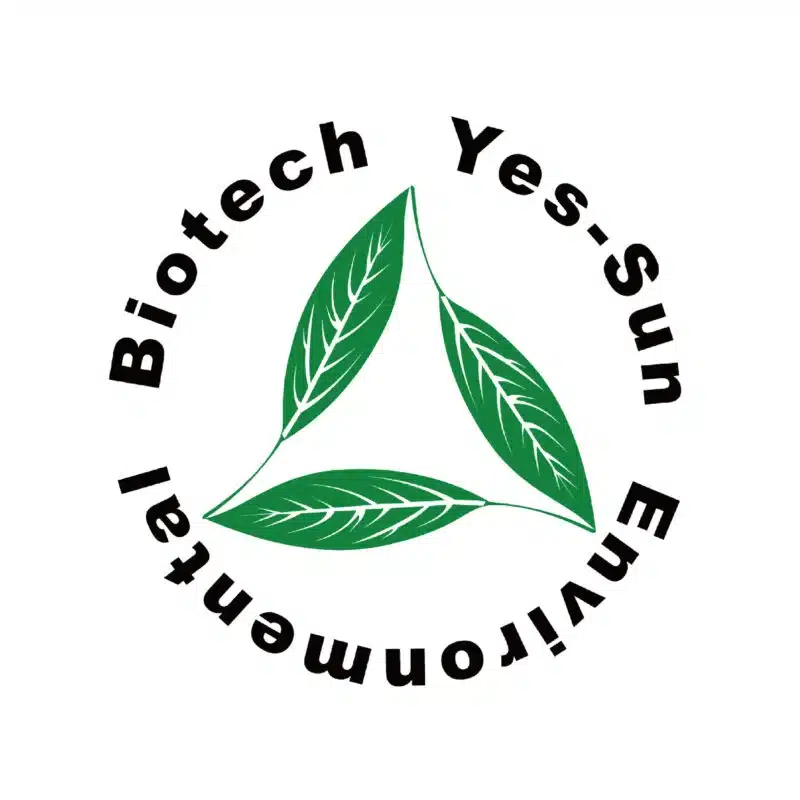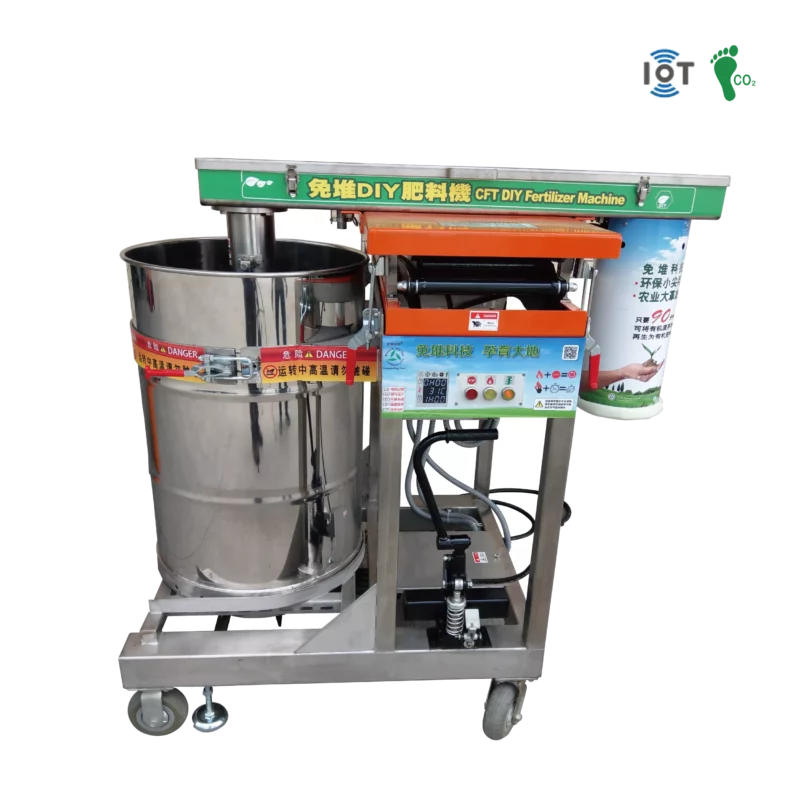MANURE COMPOST
Manure composting refers to the process of using animal manure as a material to create compost. With the promotion of eco-agriculture and the increasing demand for bio-organic fertilizers in the country, farmers have gained a better understanding and recognition of the benefits of using such fertilizers. This has led to an increase in demand for bio-organic fertilizers, which has prompted farmers to start composting animal manure. The main types of animal manure used for composting are chicken manure, pig manure, and cattle manure.



 中文 (台灣)
中文 (台灣) Bahasa Indonesia
Bahasa Indonesia Tiếng Việt
Tiếng Việt Bahasa Melayu
Bahasa Melayu Français
Français Español
Español Português
Português







